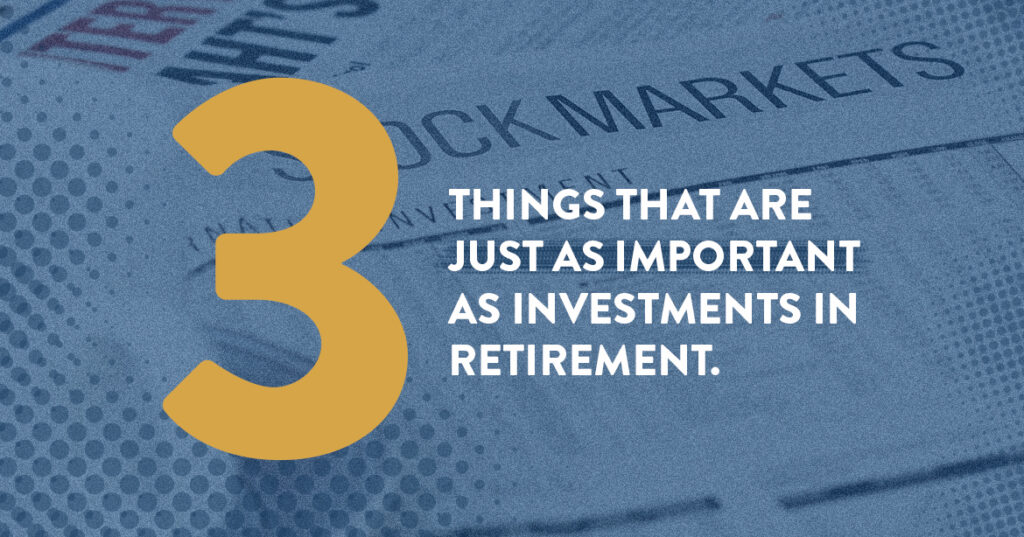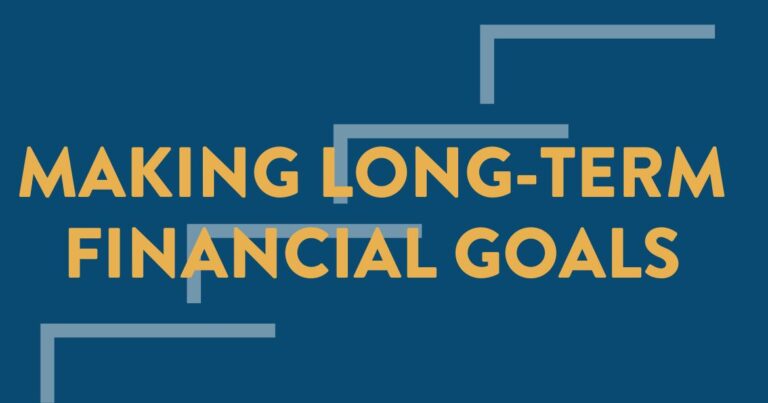My family recently took a vacation to Disneyland. It was such a joy to see the kids’ faces as they experienced the rides, got to meet the characters, and enjoyed the shows. Long before we even packed our bags, I selected each activity and adventure to be sure we had a memorable trip. I studied reviews, maps, and schedules to be sure every moment was perfect. Did every piece go off without a hitch? Of course not! But had I not carefully considered all the aspects of this trip and planned well, it would have been a mess from the start.
The same concept applies to retirement – your 30-year vacation. Researchers indicate that many have done little to no planning for their retirement. Some are contributing a small portion of their income toward an employer plan, but the majority of those are contributing the minimum to earn a match at best. Many believe that if they select the right investments, seeking to minimize expenses and maximize returns, they will be successful in preparing for retirement. However, David Litell and Jamie Hopkins of the American College of Financial Services would disagree with this approach. What do they suggest investors focus on if not investment returns and costs?
1 – Cash Flow Management
I know budgeting is not exciting for most. However, if you have ever planned a vacation, you know how helpful it is to plan for the expenses you will incur in advance. This starts now with wise management of your expenses to allow you to maintain an emergency fund and manage debts. As you prepare to invest for retirement, you need to evaluate how much income you will need when your employer’s checks stop and your investments become your income source. If you don’t know how much you need in dependable, monthly income during retirement, how can you determine how much you need to accumulate now? Unlike a miscalculation on vacation expenses, you won’t have the option of throwing extra expenses in retirement on a credit card to pay off later, so planning your cash flow in advance will increase your chances for success.
2 – Strategy to Minimize Taxes
When you are ready to take income in retirement, another major factor that affects your success is taxation of your income. Using a pre-tax employer plan or traditional IRA to accumulate assets certainly benefits you now because it lowers your taxable income for the current year. The trade off, however, is that any income drawn from those assets during retirement is taxed at ordinary income tax rates. Maybe at retirement you are in a lower tax bracket, but there is no guarantee that you will be in a lower tax bracket since many retirees do not qualify for many tax deductions. One strategy for alleviating some of the tax burden is to utilize Roth IRAs during your accumulation process to provide a tax-free portion of income during retirement. Many employer plans now offer a Roth option, but if yours doesn’t, a financial advisor can help you determine your options. There are specific criteria for establishing and utilizing a Roth IRA, so please consult your financial advisor.
3 – Written Financial Plan
The most important item that sets you on a path to success, however, is a written financial plan that carefully considers the unique risks of retirement. Just like you wouldn’t set out on a long road trip without planning your route, you shouldn’t head toward retirement without creating your unique roadmap. Litell and Hopkins noted that only 1 in 4 people surveyed had a written financial plan. When you consider the complexities of retirement from health care costs to taxes, having a clear plan to help you stay the course leading up to retirement and throughout retirement is critical. The reality is people don’t typically miss the mark for retirement because they picked the wrong investment. They do so because they either failed to plan properly or abandoned the plan when they felt things were not going as expected.
Have you taken time to consider the different aspects of your unique 30-year vacation we call retirement? If not, I encourage you to take some time to meet with a financial advisor who can help you define your vision for retirement and set goals to help you navigate your path. Once you have stayed the course and reached retirement, your comprehensive written plan should give you the freedom to focus on the new adventures that await!
Content in this material is for general information only and not intended to provide specific advice or recommendations for any individual. Withdrawals from a Roth IRA may be tax free, as long as they are considered qualified. Withdrawals prior to age 59 1⁄2 or prior to the account being opened for 5 years, whichever is later, may result in a 10% IRS penalty tax. Tax laws are subject to change. David Litell, Jamie Hopkins and The American College of Financial Services are not affiliated with LPL Financial.




